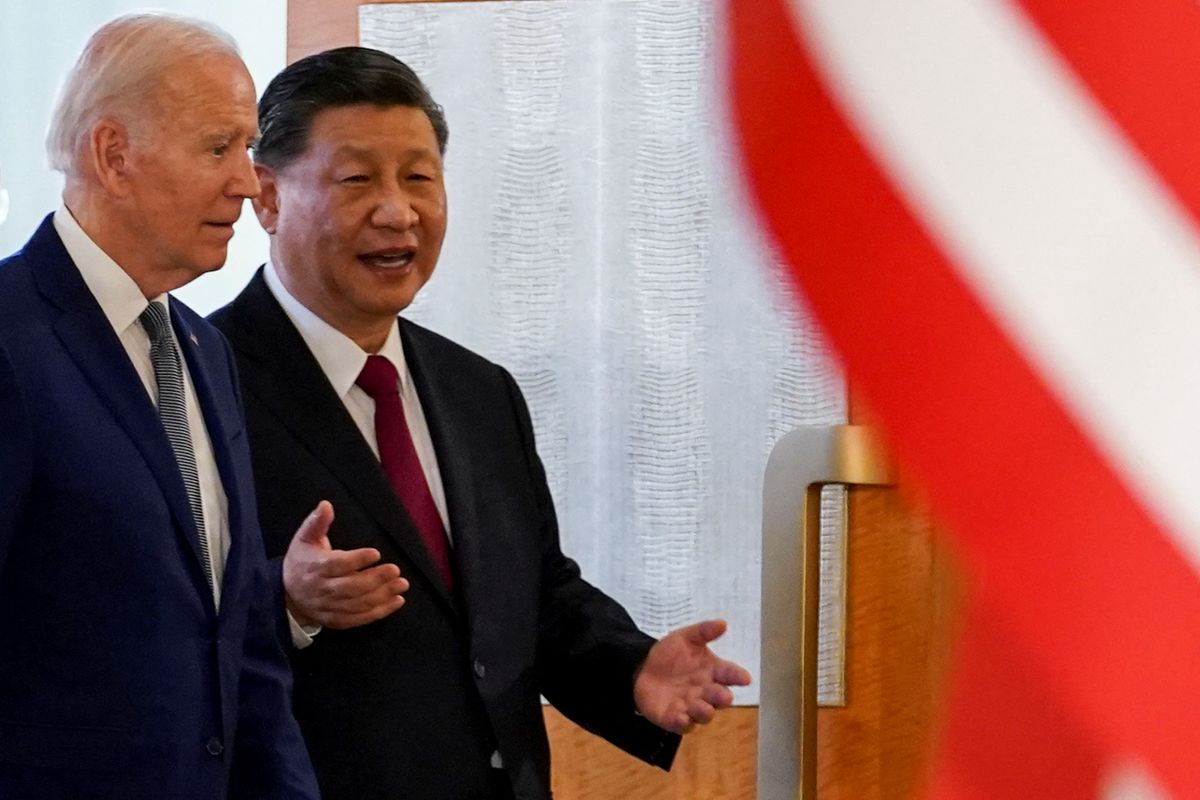China's vice president says the country will follow the path of peaceful development
On Tuesday, Chinese Vice President Wang Qishan talked about China's global outlook at the Bloomberg New Economy Forum in Singapore.

A few minutes every morning is all you need.
Stay up to date on the world's Headlines and Human Stories. It's fun, it's factual, it's fluff-free.
China and US relations hit a low point when US House Speaker Nancy Pelosi made a controversial visit to Taiwan in August. This piled onto other disagreements between the two countries – things like trade, technology and human rights issues. But it seems China's approach is shifting after Monday's G20 meeting between Biden and Xi in Bali. Biden said at the meeting that "there need not be a new Cold War" between the two powers, and things seem to be cooling off between them. The two leaders also agreed to cooperate on things like climate change and food security.
On Tuesday, Chinese Vice President Wang Qishan talked about China's global outlook at the Bloomberg New Economy Forum in Singapore. Wang said that the country's leaders would stick to peaceful development. He also said that the CCP would keep opening the country and "maintain strong policy continuity to provide greater certainties and stability for the world." His comments underscore the effort China is putting toward easing the years-long tension between the two countries – although he did also say the "security of a country should not be built on the insecurity of others," which some see as a snarky reference to the US.
Key comments:
"Upholding world peace and stability is in the fundamental interest of the Chinese nation," said Chinese Vice President Wang Qishan. "China safeguards and promotes world peace through its own development."
"Right now there's some cause for very cautious optimism," said Ja Ian Chong, an associate political science professor at the National University of Singapore. "Both sides have stuck to what they're saying, but there's at least a sense that both sides don't want to go off the brink."
"This in-person meeting is merely a baby step to move forward a positive turn of China-US relations," said Yu Jie, a senior research fellow on China at London-based Chatham House. "It will not resolve any substantial grievances both sides have had against each other, but only slow down the deterioration of their relations."




Comments ()